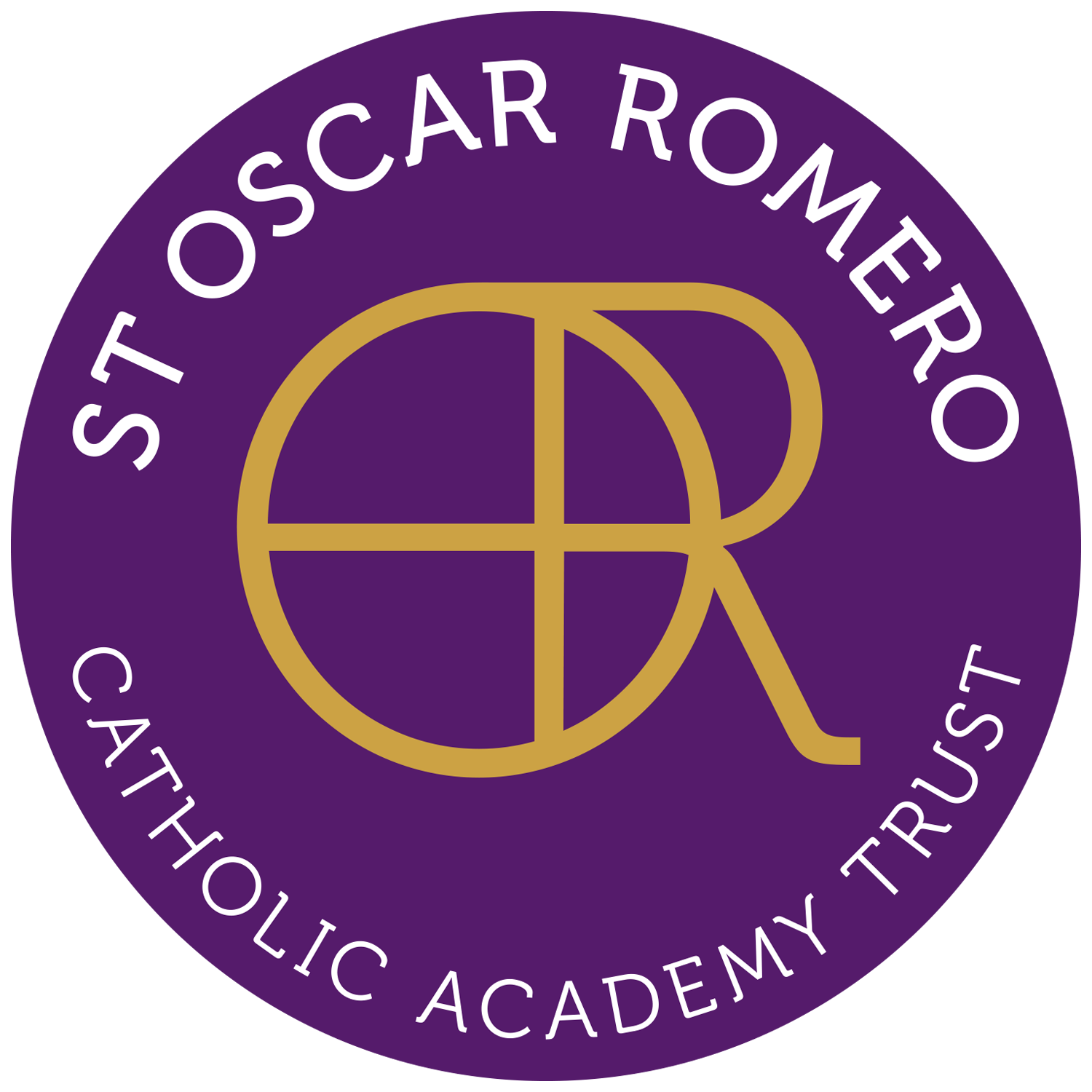Science
Dear God, Bless us in our science lesson with curiosity, patience, and wisdom. Guide us as we explore and understand the wonders of the world. Amen.
Head of department
Miss H Wood
Other teaching staff
Ms A Walsh, Ms A Beagan, Mr J Stinton,
Mr S Sharp, Mrs C Bryson, Miss R Payne
Science Technician
Ms A Mihalache
For any questions email:
Curriculum Intent Year 7Curriculum Intent Year 8
Curriculum Intent Year 10Curriculum Intent Year 11
KS3
All students follow a curriculum that has been carefully designed to ensure that all students have the strongest foundations for their GCSE studies. Students in Year 7 & 8 have 4 Science lessons per week. Students learn a range of topics in biology, chemistry and physics and develop their scientific enquiry skills by planning and conducting practical activities.
GCSE
Triple Science
The AQA Triple Science GCSE course enables students to gain 3 separate Science GCSEs in Biology, Chemistry and Physics. The AQA Triple Science course is suited to more able students who have shown an aptitude for Science at Key Stage 3 and may wish to continue studying Science at A level or as part of the International Baccalaureate. The course follows the new National Curriculum programme of study and provides an extremely thorough appreciation of the roles played by the three subjects in an increasingly technological and scientific world. Students study Triple Science from Year 9 to Year 11. In May/June of Year 11, students sit 2 written examinations for each GCSE (6 in total) which are 1 hour 45 minutes. There is no controlled assessment/coursework element for GCSE Biology, Chemistry or Physics. Students will be required to carry out a range of practical activities as an integrated part of their learning and these will be assessed in the final written examinations.
Combined Science: Trilogy
The AQA Combined Science: Trilogy GCSE course enables students to gain 2 Science GCSEs. The course requires students to study areas of Biology, Chemistry and Physics. The course follows the new National Curriculum programme of study and provides an extremely thorough appreciation of the roles played by the three subjects in an increasingly technological and scientific world. Students study GCSE Combined Science: Trilogy from Year 9 to Year 11. In May/June of Year 11, students sit 6 written examinations (2 for Biology, 2 for Chemistry and 2 for Physics), each of which are 1 hour 15 minutes. There is no controlled assessment/coursework element for GCSE Combined Science: Trilogy. Students will be required to carry out a range of practical activities as an integrated part of their learning and these will be assessed in the final written examinations.
KS4 Time plansGCSE Biology Specification GCSE Chemistry Specification GCSE Physics SpecificationGCSE Combined Science Specification
Extra-Curricular opportunities
The Science Department runs 2 main extra-curricular trips for students. A trip to the Greenwich Observatory with year 8 students and GCSE Science Live with year 10 students. The department also have Science club which runs every week and Astronomy club which is new for this year and very popular with students.
Career Opportunities
GCSEs in Science are an essential starting point for many post-16 courses such as A Level Biology, Chemistry, Physics, Applied Science and GNVQ Health and Social Care. Science forms an important basis for many careers including those in the medical profession, research, forensic science, veterinary science, pharmacy, dentistry, engineering and sports science. Whilst studying Science, students also develop many
transferable skills which will prove useful in a variety of other careers not directly linked to Science.

